In the realm of modern architecture, the pursuit of innovative designs continuously elevates the aesthetic and functional appeal of buildings. Among these advancements, Aluminium Glass Sliding Doors and Windows stand out as quintessential elements that harmonize elegance with practicality. At LEAWOD Windows & Doors Group Co., Ltd., we pride ourselves on being a leading R&D and manufacturing powerhouse specializing in high-end window and door solutions. Our commitment to quality craftsmanship is exemplified by our pioneering R7 seamless whole welding technology, which ensures durability and seamless integration. As architects and designers explore new horizons in contemporary design, Aluminium Glass Sliding Doors and Windows offer unparalleled versatility, energy efficiency, and beauty, making them an essential choice for modern constructions. Through this blog, we will delve into the transformative impact of these features on architectural landscapes and the exciting innovations shaping their future.
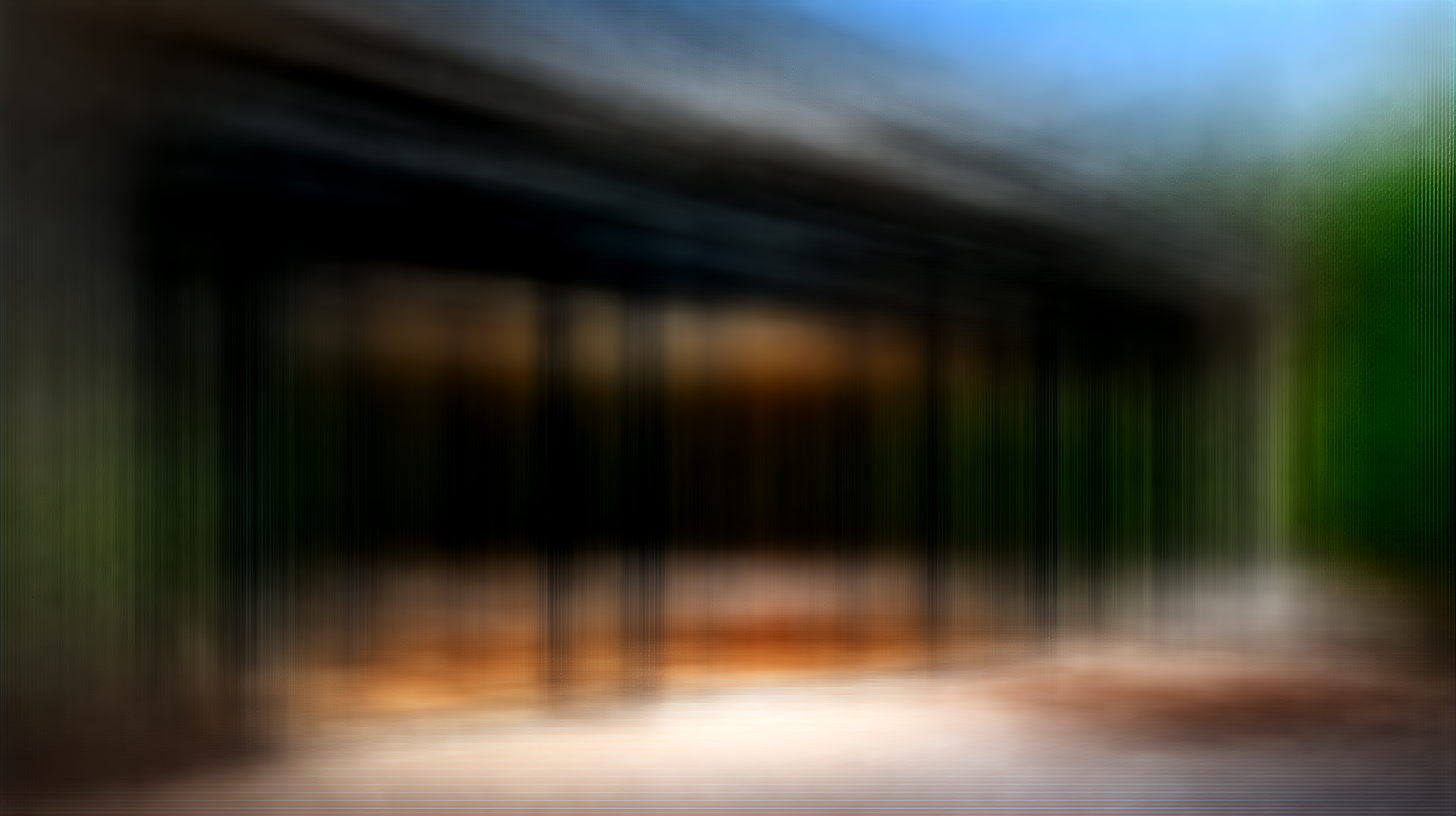
In modern architecture, aluminium glass sliding doors have become increasingly popular due to their sleek design and ability to create seamless transitions between indoor and outdoor spaces. However, ensuring energy efficiency in these installations presents unique challenges. One of the main concerns is thermal bridging, which occurs when heat is transferred through the frames. While aluminium is a conductive material, advancements in thermal break technology have introduced barriers that minimize this effect, but careful design and material selection are still crucial.
Another challenge lies in the glazing options used for these sliding doors. Selecting the right type of glass can significantly impact energy performance. Double or triple glazing provides better insulation compared to single panes, reducing heat loss in winter and keeping interiors cool in summer. Additionally, incorporating low-emissivity coatings can further enhance energy efficiency by reflecting heat back into the room. Architects and builders must prioritize these considerations to minimize energy consumption, leading to more sustainable and environmentally friendly modern architecture.
In modern architecture, the integration of
aluminium glass sliding doors and windows
has revolutionized the way buildings can overcome structural limitations.
According to a report by the American Institute of Architects, nearly
75% of new residential designs now employ
open-concept layouts
that benefit from expansive glazing. This trend not only enhances
natural light influx but also blurs the boundaries between indoor and outdoor
spaces, making structures feel more spacious and inviting.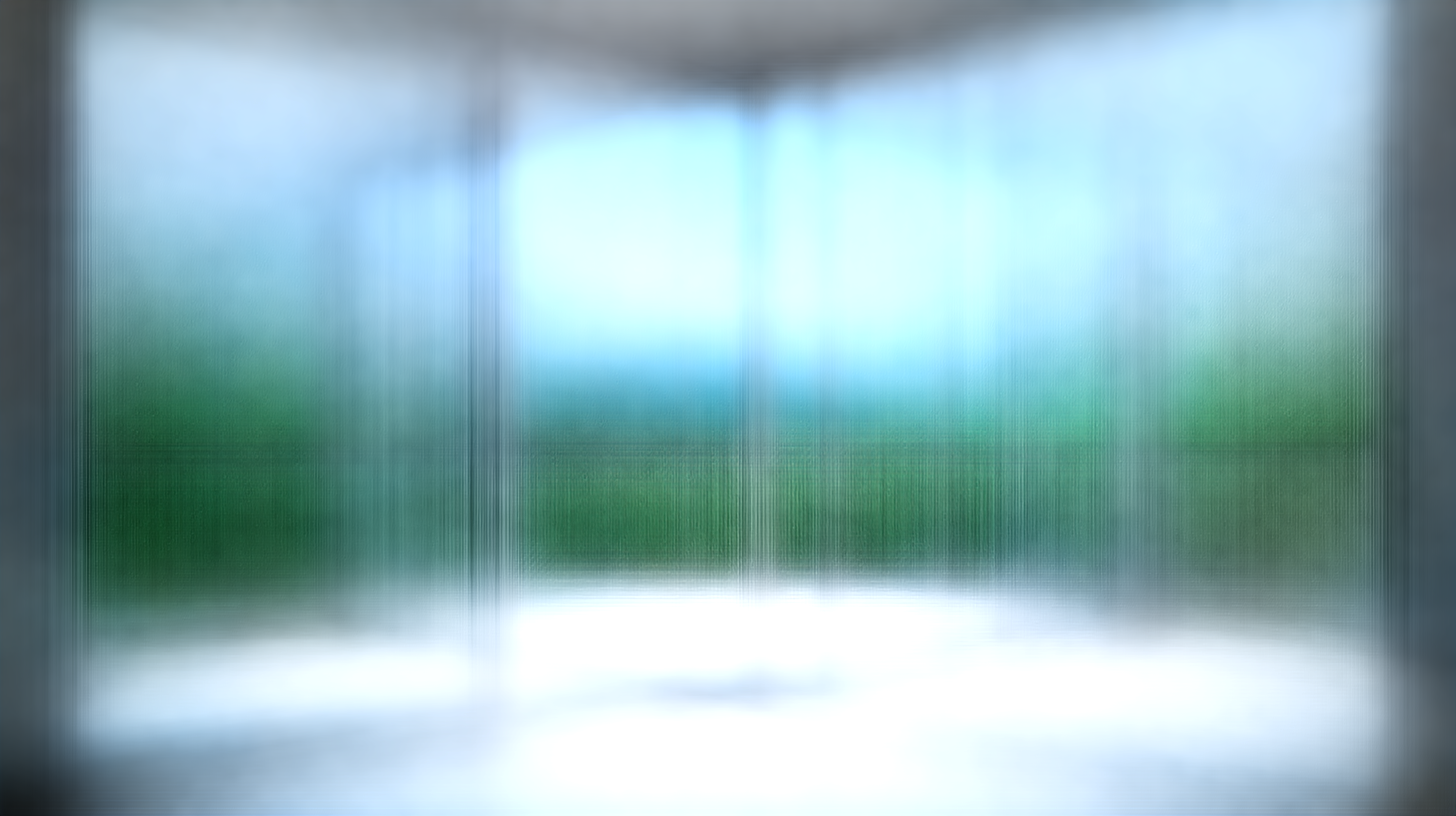 However, with larger glass panels, architects must consider the complexities of structural integrity.
Innovative frame designs using reinforced aluminium,
combined with advanced glazing techniques, provide enhanced durability without compromising aesthetics.
For instance, double glazing can improve thermal efficiency by
up to 60%, aligning with the growing emphasis on sustainability in construction.
However, with larger glass panels, architects must consider the complexities of structural integrity.
Innovative frame designs using reinforced aluminium,
combined with advanced glazing techniques, provide enhanced durability without compromising aesthetics.
For instance, double glazing can improve thermal efficiency by
up to 60%, aligning with the growing emphasis on sustainability in construction.
Tips for Designers:
Prioritize energy efficiency by selecting thermal break aluminium frames
to reduce heat loss. Additionally, consider using
low-emissivity (Low-E) glass to minimize UV exposure while maximizing light transmission.
Lastly, ensure that your designs comply with local building codes regarding wind load and seismic performance,
as these factors are critical in maintaining the safety and longevity of modern structures.
The combination of aluminium and glass in modern architecture offers sleek aesthetics and robust performance, yet it is not without its challenges. One common issue faced by designers is the thermal performance of aluminium. According to a recent study by the National Institute of Standards and Technology, poorly insulated aluminium frames can lead to significant energy loss, showing that up to 30% of heating or cooling energy can escape through these frames. This creates not only discomfort for occupants but also escalates energy costs, undermining the sustainability goals many architects strive for.
Additionally, aesthetic issues frequently arise from the visible condensation on glass surfaces, particularly in humid climates. The American Society of Heating, Refrigerating and Air-Conditioning Engineers (ASHRAE) highlights that condensation can detract from the visual appeal of a property and lead to potential mould issues. Designers are therefore urged to consider advanced coatings or double-glazing systems that not only improve thermal efficiency but also address condensation concerns, allowing for clearer, uninterrupted views without compromising on style. These innovations can enhance both the function and form of sliding doors and windows while tackling common aesthetic pitfalls effectively.
The maintenance and durability of sliding door systems are critical considerations for modern architecture, especially given the growing preference for aluminium-glass designs. As per the industry analysis, the power sliding door system market is expected to witness significant growth due to innovations in propulsion systems, particularly electric motors that enhance efficiency and reliability. These advancements address common durability issues associated with traditional systems, making them increasingly appealing for both residential and commercial constructions.
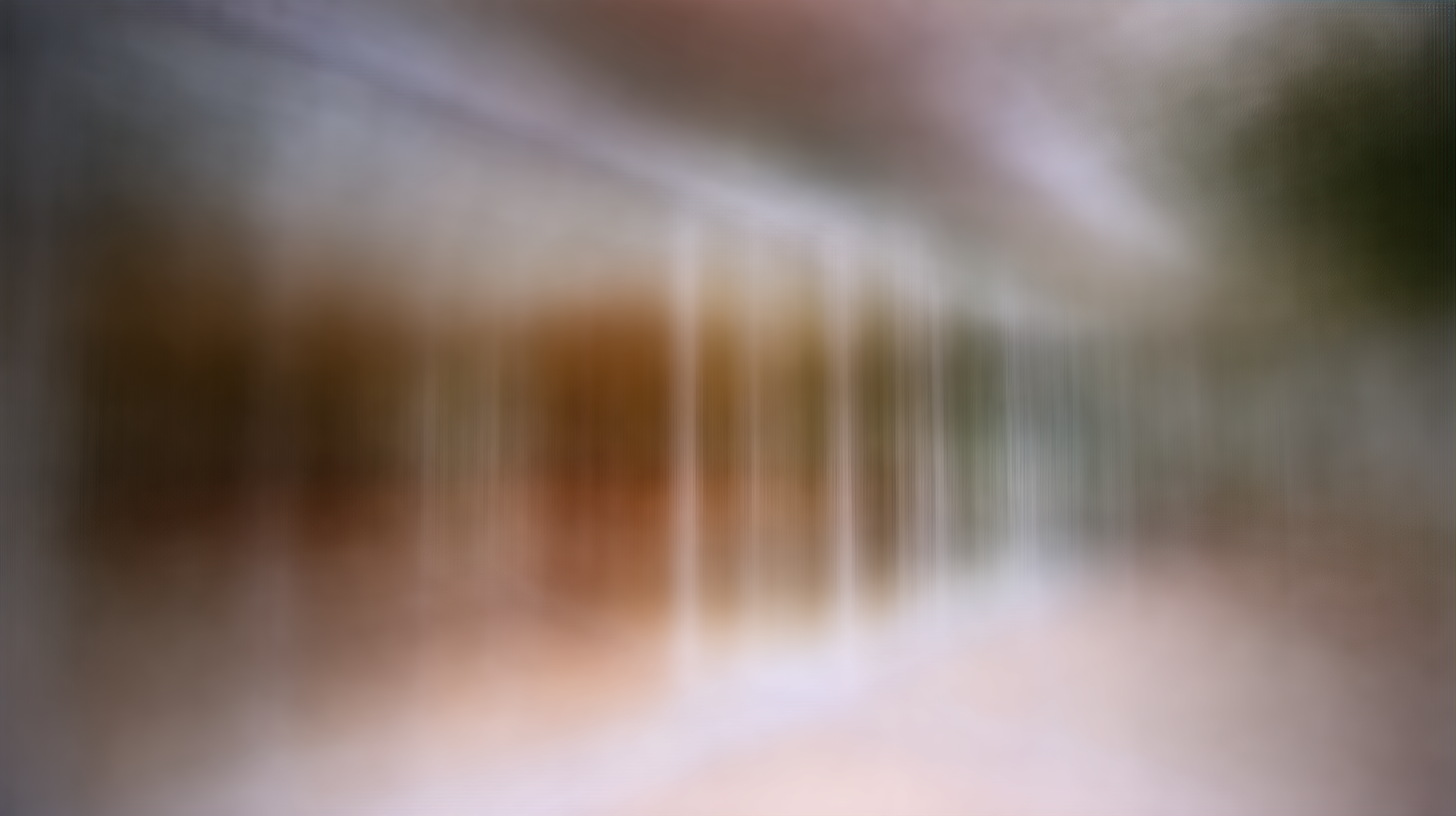
Studies indicate that the lifespan of sliding door systems can be significantly extended with proper care and high-quality materials. Notably, manufacturers like LEAWOD emphasize the importance of seamless whole welding technologies in their designs, which not only improve structural integrity but also minimize maintenance requirements. For instance, doors constructed with durable aluminium frames and insulated glass are reported to resist wear and weather better, reducing the frequency and cost of repairs. Coupled with features like advanced electronic control units, these systems promote a seamless user experience while ensuring robustness against environmental challenges.
In contemporary architecture, the use of large glass sliding doors and windows has gained remarkable popularity for their ability to create a seamless connection between indoor and outdoor spaces. However, this trend brings with it significant security concerns. The expansive nature of these glass elements can make homes and commercial spaces vulnerable to break-ins. To address these issues, innovative designs and technologies are being implemented to enhance security without compromising aesthetics.
Modern aluminium-framed sliding doors and windows are now equipped with advanced locking mechanisms and reinforced glass options that can withstand impact. Additionally, the incorporation of smart technology, such as alarms and surveillance systems integrated into the door frames, offers an additional layer of protection. These enhancements not only discourage potential intruders but also provide peace of mind for homeowners and businesses alike. By marrying style with safety, architects and designers can create secure environments that leverage the beauty of glass while mitigating risks associated with its use.
| Design Element | Material | Security Feature | Energy Efficiency | Aesthetic Appeal |
|---|---|---|---|---|
| Thermal Break Design | Aluminium | Multi-point Locking System | U-value 1.2 W/m²K | Minimalist Look |
| Smart Glass Technology | Aluminium & Glass | Shatter-resistant Glass | Solar Heat Gain Coefficient of 0.25 | Contemporary Styling |
| Sliding Mechanism | Aluminium | Anti-lift Blocks | Double Glazing | Seamless Integration |
| Frameless Designs | Aluminium & Glass | Reinforced Glass Panels | Energy Star Rated | Modern Elegance |
When it comes to modern architecture, aluminium glass sliding doors and windows have become hallmark features for their aesthetic appeal and functional benefits. However, navigating the cost challenges associated with high-quality installations can present a dilemma for homeowners and builders alike. The initial investment often reflects the durability, energy efficiency, and seamless design these products bring, but understanding the factors that contribute to cost can empower clients to make informed decisions.
High-quality sliding door systems require superior materials, advanced manufacturing techniques, and skilled installation. While these doors can significantly elevate the look and feel of a space, their price typically includes hefty warranties and energy ratings that support sustainability efforts. Homeowners should consider not only the upfront costs but also the long-term savings from energy efficiency and reduced maintenance. Investing in quality now may lead to lower overall costs in the future, as well-designed sliding doors can contribute to better insulation and enhance the overall value of a property. By balancing these considerations, clients can achieve a modern aesthetic without compromising financial viability.
: The integration of aluminium glass sliding doors and windows has revolutionized modern building designs by overcoming structural limitations.
Nearly 75% of new residential designs employ open-concept layouts that benefit from expansive glazing.
Architects must consider complexities of structural integrity with larger glass panels, requiring innovative frame designs and advanced glazing techniques.
Using double glazing can improve thermal efficiency by up to 60%, while thermal break aluminium frames and low-emissivity (Low-E) glass can further enhance energy efficiency.
Compliance with local building codes regarding wind load and seismic performance is critical for the safety and longevity of modern structures.
The lifespan of sliding door systems can be extended with proper care and the use of high-quality materials, such as durable aluminium frames and insulated glass.
Innovations in propulsion systems, particularly electric motors, are enhancing the efficiency and reliability of sliding door systems, addressing traditional durability issues.
Modern aluminium-framed sliding doors and windows are equipped with advanced locking mechanisms, reinforced glass options, and integrated smart technology for added security.
Advanced electronic control units promote a seamless user experience while ensuring robustness against environmental challenges.
Innovative designs and technologies enhance security without compromising aesthetics, providing peace of mind for homeowners and businesses.
In the realm of modern architecture, Aluminium Glass Sliding Doors and Windows have emerged as a favored choice due to their aesthetic appeal and functional benefits. However, several challenges accompany their use. Ensuring energy efficiency is paramount, as poor insulation can lead to increased energy costs, while structural limitations can restrict their application in innovative building designs. Aesthetic issues often arise from the combination of aluminium and glass, requiring careful selection to maintain design integrity. Additionally, the maintenance and durability of sliding door systems are crucial for long-term performance, while safety concerns related to large glass panels necessitate robust security measures. Finally, navigating the cost of high-quality installations can be a significant barrier for many projects.
At LEAWOD Windows & Doors Group Co., Ltd., we strive to address these challenges through our cutting-edge products. As the inventor of R7 seamless whole welding windows and doors, we prioritize the highest standards in durability and energy efficiency, ensuring that our Aluminium Glass Sliding Doors and Windows meet the demanding needs of modern architecture while providing aesthetic and functional excellence.
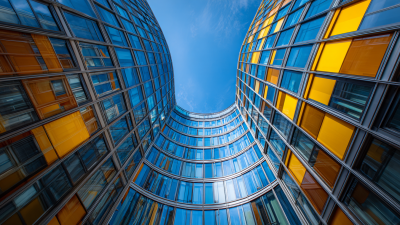

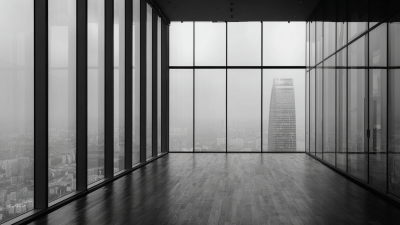








 +0086-157 7552 3339
+0086-157 7552 3339  info@leawod.com
info@leawod.com 